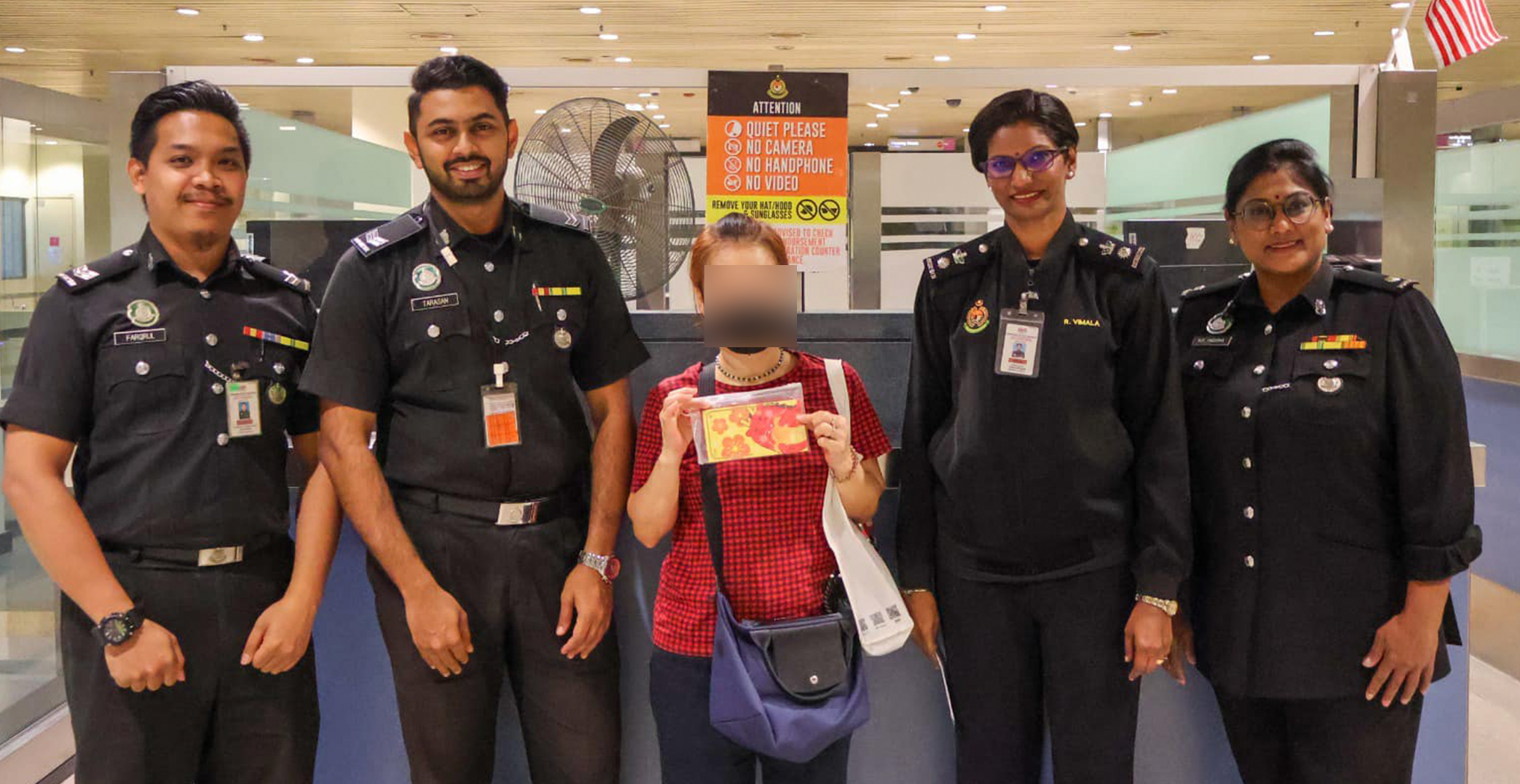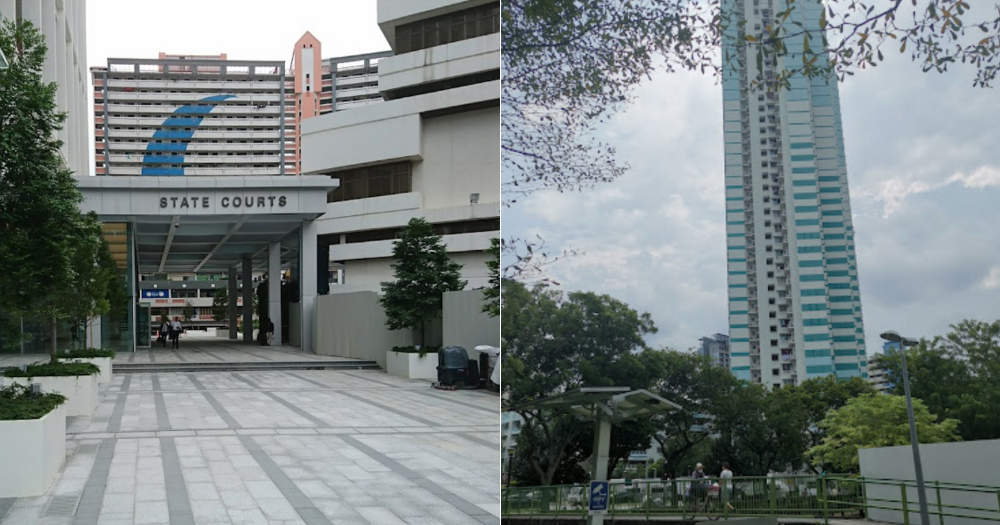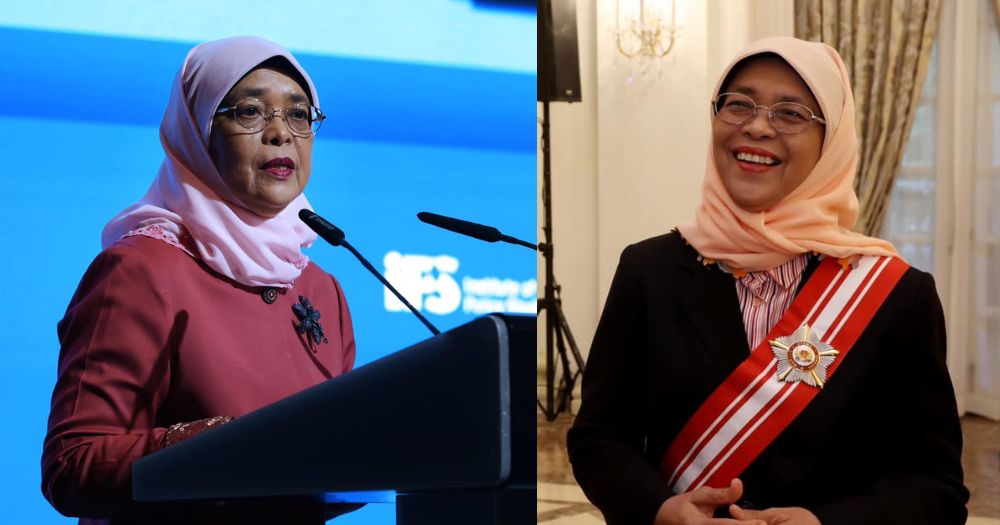S'porean man, 32, shares money tips he wishes he'd known in his 20s
Things I wish I knew.
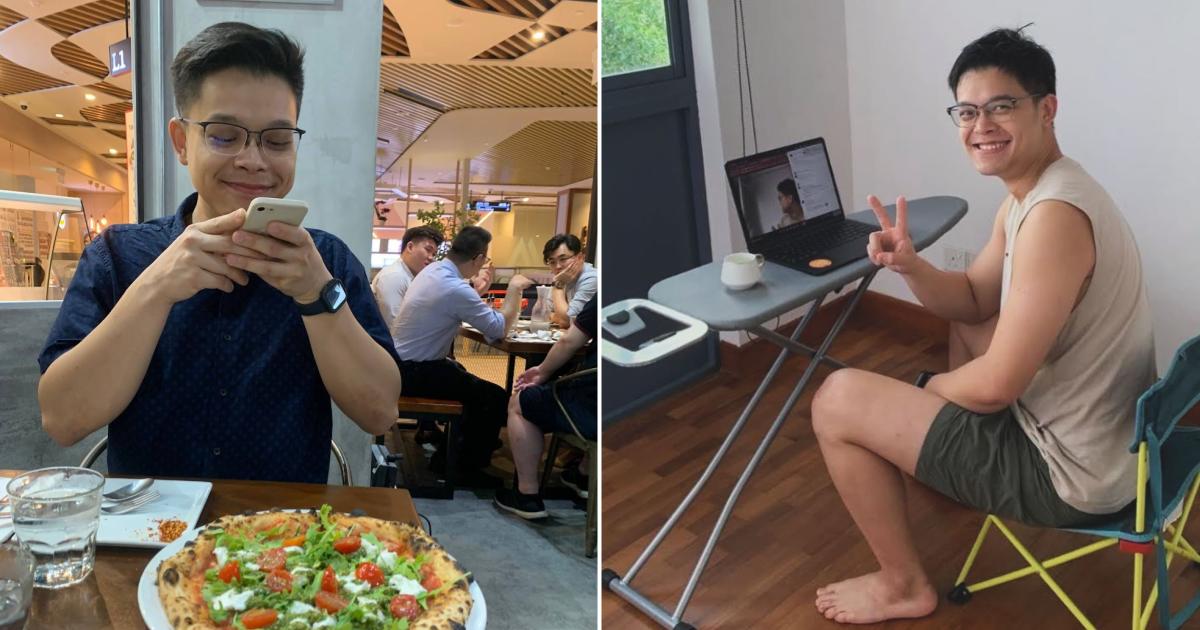
Over the course of my six-year career so far, quite a bit of money has passed through my bank account — (thankfully) flowing in regularly, and (alarmingly) flowing out just as regularly.
When I looked at my past salary records recently, I was shocked to realise that the total amount of money I’ve handled adds up to something like S$250,000 — a quarter of a million dollars.
Looking back, I can’t really tell you where most of that money went with much accuracy.
It made me wonder if I’ve done a good enough job of managing my money over the years. If I could rewind the clock, there are certainly things I would have done differently.
Here are some money management tips I wish I’d known in my 20s.
Knowledge is power
I’m moving into a long-awaited Build-to-Order (BTO) flat later this year, from my current rental place.
My wife and I are fortunate to be one of the couples living in a flat rented under the Parenthood Provisional Housing Scheme (PPHS), which provides temporary housing for families awaiting the completion of their new flats at a lower rate than on the open market.
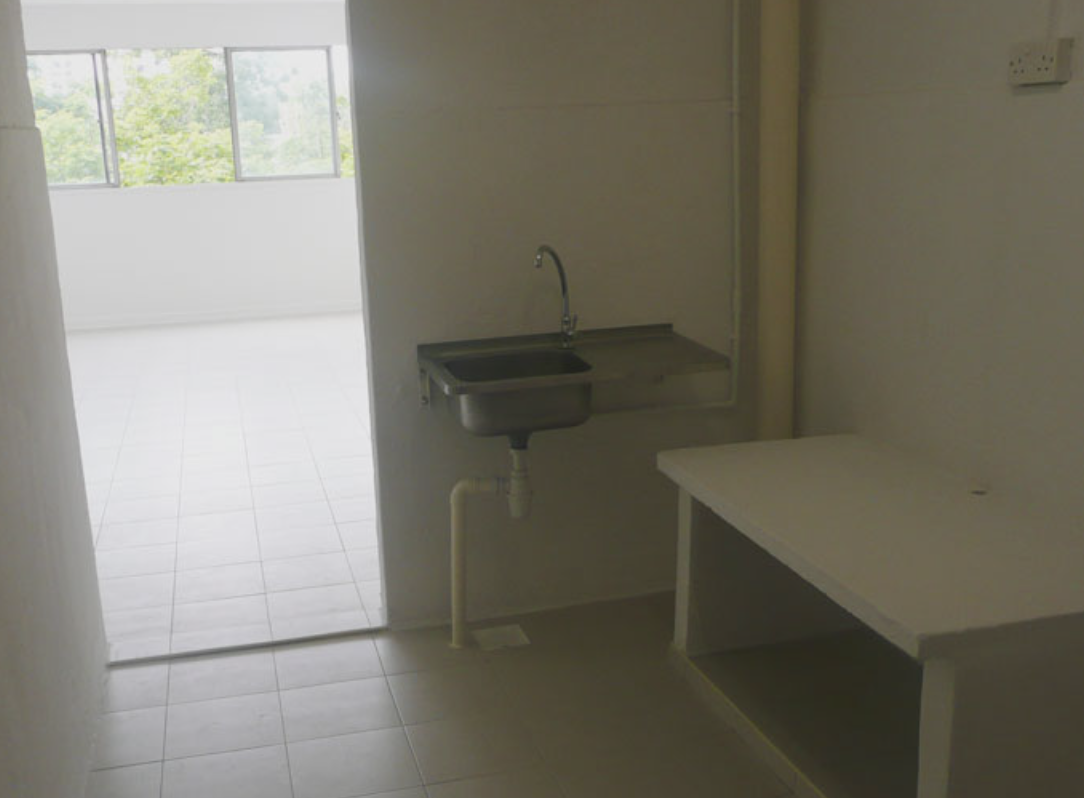 The kitchen of a retrofitted PPHS flat. A significant number of PPHS flats are older flats being rented out temporarily as they await redevelopment. Photo via HDB website.
The kitchen of a retrofitted PPHS flat. A significant number of PPHS flats are older flats being rented out temporarily as they await redevelopment. Photo via HDB website.
Despite the scheme’s name, one does not have to be a parent to be eligible for PPHS.
Funnily enough, we only realised we were eligible for the scheme a few months before we were due to get married — this knowledge would have proved quite powerful if we’d only known sooner.
We’d never seriously considered renting a place in our dating years, but as the wedding drew closer, friends and family encouraged us to consider renting, with privacy being a key consideration.
There was also the fact that having our own place would allow us to live together, and get to know each other’s living habits so we could design our future place accordingly.
We were convinced about the benefits of renting, but assumed we did not qualify for PPHS as our income would be over the S$7,000 income ceiling.
Unnecessary stress due to an assumption
Thanks to our mistaken impression, we looked around on various websites, contacted property agents, and even went to view a rental property.
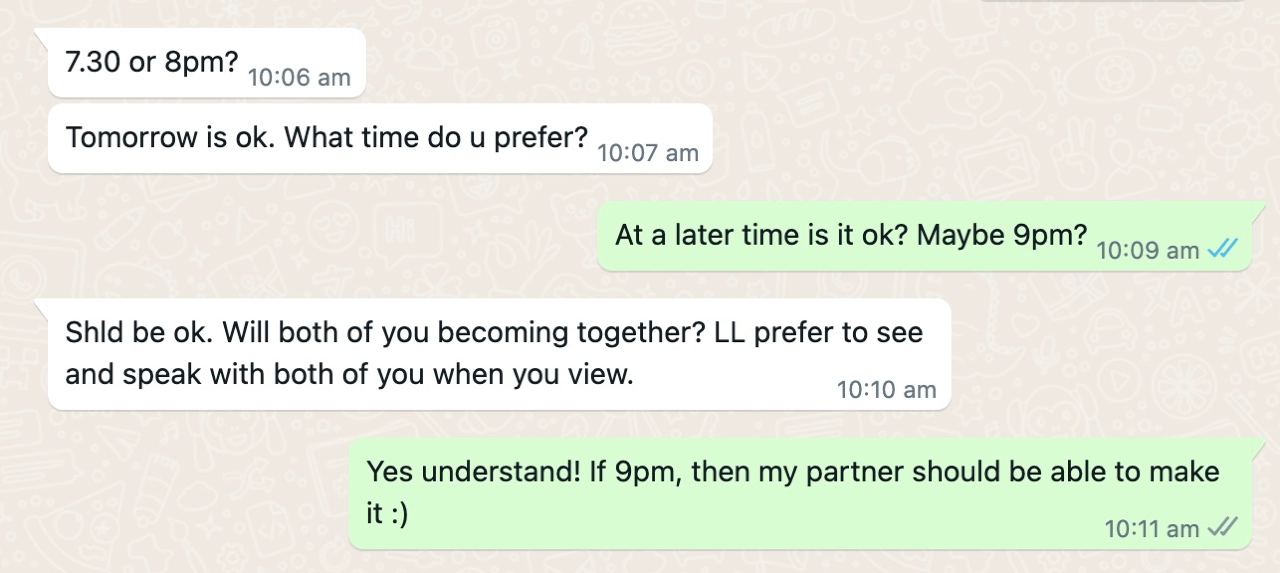 WhatsApp screenshot by Nigel Chua.
WhatsApp screenshot by Nigel Chua.
But the potential downsides soon became clear.
In contrast to the PPHS arrangement — where the rental agreement ends four months after homeowners are scheduled to collect our BTO keys, with the flexibility to terminate early — it was more common for landlords to offer fixed lease periods of either one or two years, which didn’t match our timeline.
We’d either have a lease for longer than needed, or a lease that would end before we were ready to move.
And, rental housing was in high demand at the time, which meant that a lot of the suitable options we considered were outside our budget.
Thankfully, we found out that we actually did qualify for PPHS even though our income was over the income ceiling of S$7,000 when we were applying for the scheme in 2022.
As it turns out, when assessing PPHS applicants’ income, HDB uses the monthly household income at the time of application to buy a new flat — which was back in 2019 for us, when we weren’t earning as much.
Knowing that we were in fact eligible for PPHS would have saved us a lot of unnecessary stress, given that we applied for the scheme at a period where the government was ramping up supply — exactly for couples in our situation.
It’s a bit of a long story, but one from which I took away a clear moral: A bit of research goes a long way.
In short, it pays to know your options, so that you can plan your finances better.
Getting insured early (if you can)
Another area where knowledge helps with planning one’s finances is in the area of insurance.
Here’s a tip from the CPF Board: buying whole life insurance at a younger age can help you save money in the long run as the premiums are cheaper (though it also warns that surrendering the policy early may result in a lower payout than the premiums paid over time).
A rule of thumb is to spend at most 15 per cent of one’s income on insurance protection.
Generally speaking, insurance costs less when you are younger.
What I would encourage my younger self to have done would be to pick up a basic insurance policy as early as possible, and to “top up” with an additional policy later on if required.
I should probably have prioritised this, and perhaps not spent so much on bicycles in my first year at work.
Well, now you know.
Striking a balance
There have been periods in my working life where I forced myself to be really thrifty.
I would challenge myself to spend as little as possible for a month, to see just how much I could save.
These month-long challenges involved money-saving habits like closely monitoring my expenses, packing food from home for office lunches, and walking home from the MRT station instead of taking the bus.
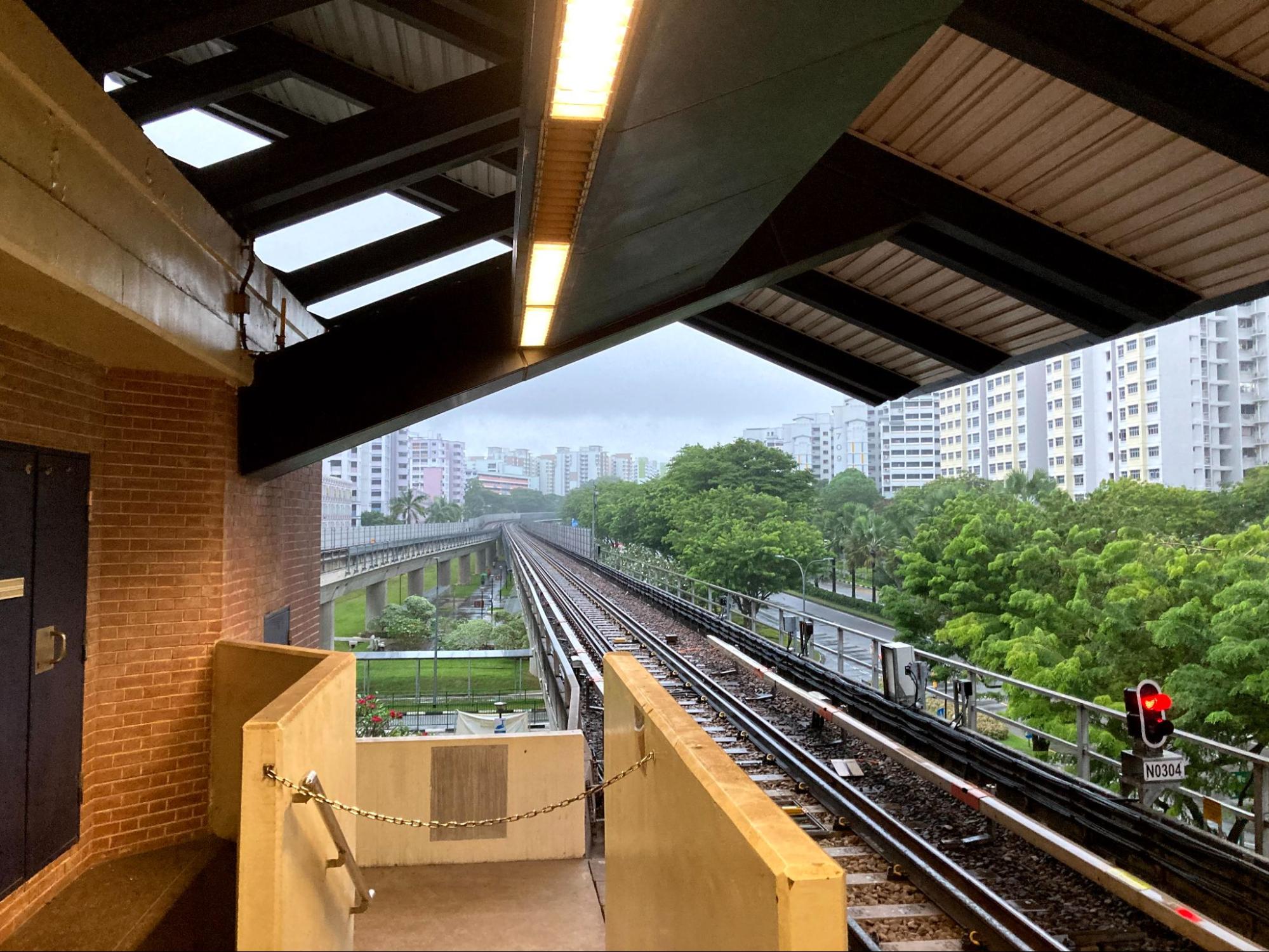 Taken while on my Bus-MRT-Walk commute. Photo by Nigel Chua.
Taken while on my Bus-MRT-Walk commute. Photo by Nigel Chua.
But more often than not, these practices ended up being confined to these periods of enforced austerity.
Looking back, I think a better way to think about wanting to save money is to think of it like dieting.
Adjusting one’s diet can play a big role in overall health and wellness, and of course, it can help with managing one’s weight.
But going to extremes for short periods is likely to have unintended consequences — research shows that those who make a habit of dieting to lose weight often bounce back and end up gaining more weight than they lost.
Applying that to finances, it’s important to try to spend prudently, but making adjustments to one’s spending has to be done in a sustainable and balanced way.
Money problems are not just about money
With issues about money and other matters, it’s easy to say that one needs to strike a balance. But how might one go about doing so?
In my opinion, a good starting point is to realise that money problems are not just about money.
Rather, they often point us to some of the bigger questions of life, like what we value and prioritise.
A simple, practical example of that for me would be recognising that a good meal really cheers me up a lot — especially during busy weeks.
Therefore, what might work better for me is to set aside a sum of money each week for food that really lifts my mood and helps me to get through those tough days — instead of forcing myself to get by on economic rice with minimal ingredients.
 There are times that do call for a light meal with 1 egg, 1 veg, 1 tofu. Photo by Nigel Chua.
There are times that do call for a light meal with 1 egg, 1 veg, 1 tofu. Photo by Nigel Chua.
I can also look for ways to save my money elsewhere, in areas that don’t matter as much to me.
Start early
What it means to get started on managing one’s money would look different for everyone.
After all, we all have unique starting points.
Some have the benefit of more support from their parents — for example, some of my friends’ parents felt it was their obligation to pay for their children’s university education.
Others purchased insurance policies for their children.
What’s important is to know yourself, and start where you can.
Financial literacy recommendations from NYC’s #LifeHacks Youth Panel
If, like me, you’re a young person trying their best to get a hold on your finances amid the swirling changes of life like starting your first job, getting married, buying a home, and so on, you might be keen on a proposed one-stop guide to managing your finances in Singapore.
A Financial Literacy Excellence (FLEX) Guide was proposed as a way to help guide youths in making better financial decisions at important stages of their lives.
The creation of the guide was one of the recommendations from Youth Panels set up by the National Youth Council (NYC).
These panels are tasked with making policy recommendations on issues affecting young Singaporeans.
One of the four panels, the #LifeHacks panel, looked into financial resilience, including the aspects of financial literacy and making informed financial decisions.
Part of their process was to survey youths aged 18 to 35 in Singapore, and they found that at least three out of every five youths highlighted their concerns about cost of living, specifically in the areas of housing, food, and healthcare.
Youths also shared that they want to manage their finances better, but lack the time and accurate information to be able to do so.
In fact, the survey found that 81 per cent of youth strongly agree or agree that financial literacy is important in helping them prepare for the future, but 63 per cent do not see themselves as being financially savvy.
Therefore, the #LifeHacks panel recommended that a one-stop resource be created.
 The #LifeHacks panel at the Youth Policy Forum on Aug. 24, where they presented their preliminary recommendations to the public. Photo via NYC.
The #LifeHacks panel at the Youth Policy Forum on Aug. 24, where they presented their preliminary recommendations to the public. Photo via NYC.
The panel also suggested that a Starter Savings Plan be created, to support lower-income Singaporeans in building emergency funds.
This came in response to the finding that almost one in four Singaporeans have not been able to accumulate an emergency fund that can cover at least six months of their expenses, even though most of them agree that doing so is essential.
Besides the #LifeHacks panel, the #JobHacks, #TechHacks, and #GreenHacks panels have come up with recommendations in the areas of careers and employment, digital well-being and environmental sustainability respectively.
You can view their recommendations here: https://go.gov.sg/msyp.
This sponsored article by National Youth Council Singapore made this writer want to start tracking his expenses again.
Top images via Nigel Chua
MORE STORIES






